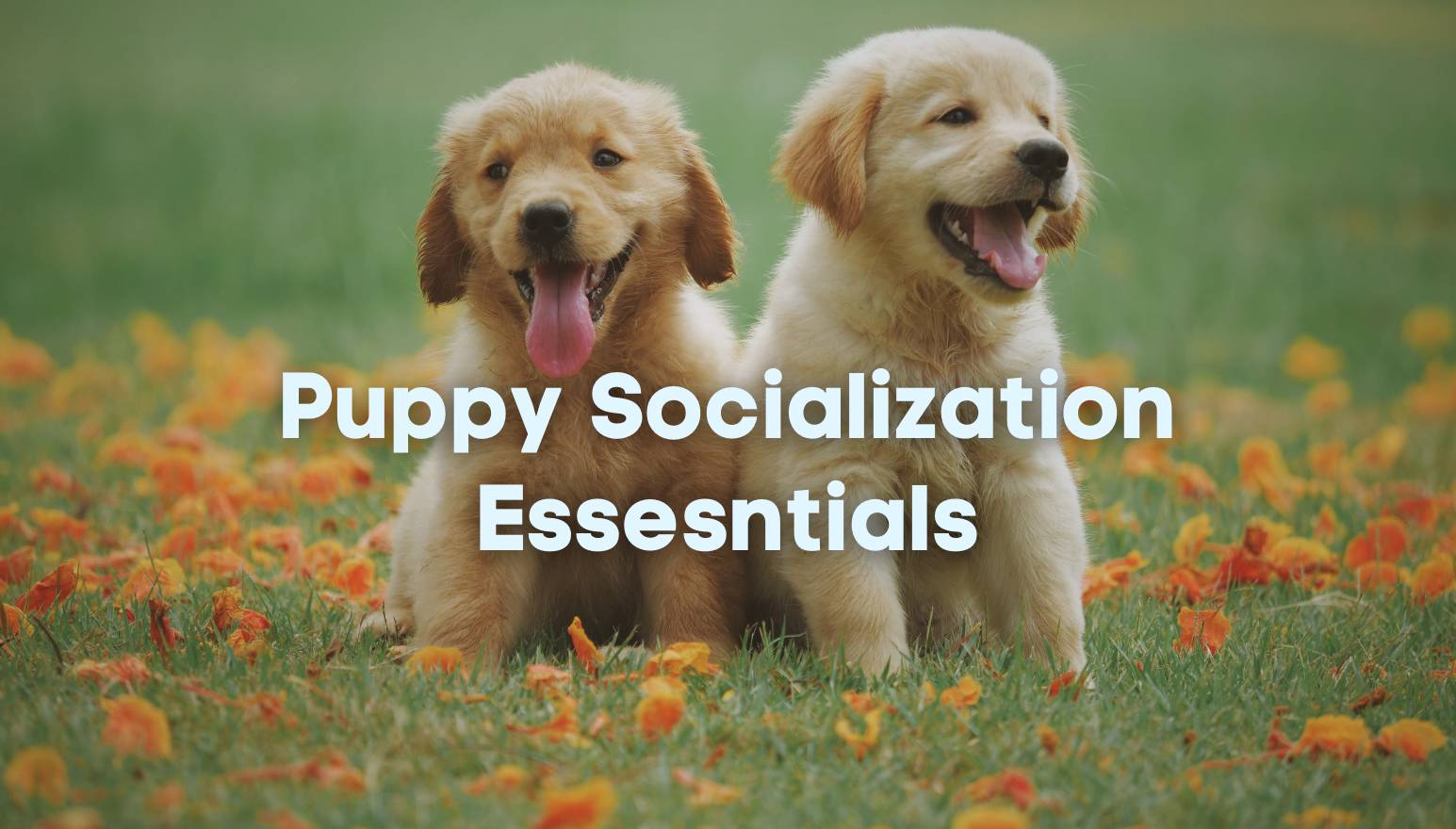Calls on organizations representing pet professionals to drive significant change by publicly saying “no” to any training technique that causes pain or fear
 TAMPA, Fla. – March 6, 2017 – PRLog — Pet Professional Guild (PPG) has released an open letter to pet industry representatives on the use of electric shock as a tool for training and behavior modification in pets. In the letter, PPG draws on a number of scientific studies and surveys to explain why shock constitutes a form of abuse towards pets, and should no longer be a part of the current pet industry culture of accepted practices, equipment or philosophies, particularly when there are highly effective, positive, humane and scientifically sound alternatives.
TAMPA, Fla. – March 6, 2017 – PRLog — Pet Professional Guild (PPG) has released an open letter to pet industry representatives on the use of electric shock as a tool for training and behavior modification in pets. In the letter, PPG draws on a number of scientific studies and surveys to explain why shock constitutes a form of abuse towards pets, and should no longer be a part of the current pet industry culture of accepted practices, equipment or philosophies, particularly when there are highly effective, positive, humane and scientifically sound alternatives.
One such study is Ziv’s (2017) The Effects of Using Aversive Training Methods in Dogs – A Review, recently accepted for publication in the Journal of Veterinary Behavior: Clinical Applications and Research. Ziv concludes that “there is “no evidence to suggest that aversive training methods are more effective than reward based training methods” and that, in fact, studies suggest “the opposite might be true – in both pets and working dogs.” At the outset of the letter, PPG asks three key questions of professional associations and credentialing bodies, speculating whether they can work within the confines of applied animal behavior without endorsing or enabling shock collar practitioners; whether they can redefine the rules for humane hierarchies simply by applying a layer of ethics that rules out certain equipment choices deemed highly aversive and invasive; and whether they should be identified by training philosophy and tools of choice, thus enabling pet s to make informed and transparent choices on behalf of their pets.
PPG notes that there are many “organizations, associations and councils responsible for the representation, guidance and certification of pet industry professionals” that still adhere to the belief that “shock is an acceptable way to train, care for and manage pets,” and sets out the many problems with such an approach, not least the infliction of stress and pain (unintentional or not), global suppression of behavior (or “shut-down”), generalization, escalation, redirected aggression, and suppressed aggression, amongst others. The letter also refers to glossy marketing terms that “mislead unsuspecting s looking for humane ways to train their pets” and states that such terms are “carefully crafted to appeal to pet guardians who may not always understand the various training methods available, or the fallout and unintended consequences of making the wrong choice… [and do not] provide consumers the autonomy to make ethical decisions on behalf of their pets.”
Read more >





